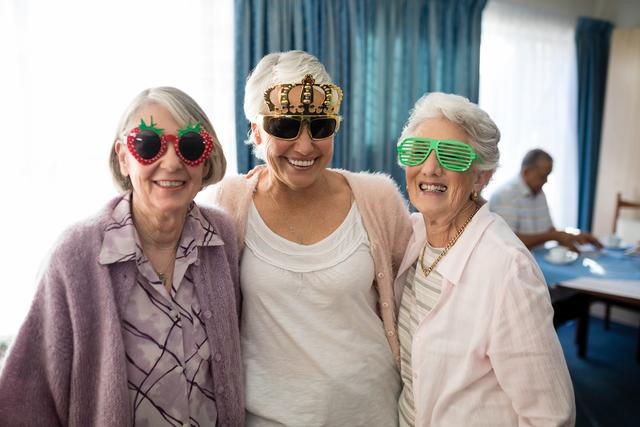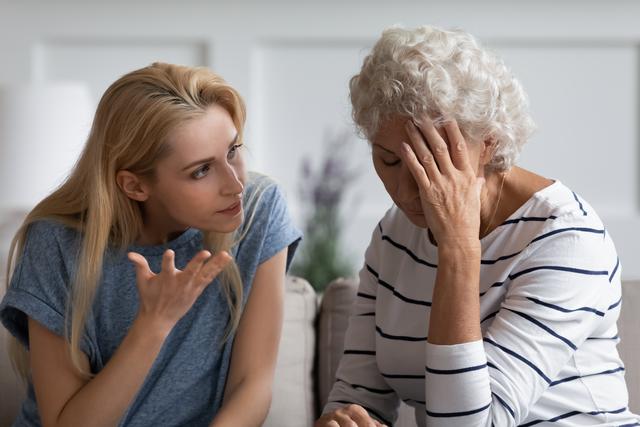Living Preferences
The Effects of Isolation on Seniors
Living Preferences
The Effects of Isolation on Seniors
Socially Isolated Seniors or Senior Loneliness
There comes a time for most family members, family caregivers, or adult children that an aging parent or loved one needs to consider changing their living situation from a home setting to senior living and possibly assisted living or memory care. Such a transition often involves physical health and safety, but mental health is also a concern for isolated seniors.
What Can Help to Prevent Social Isolation
When an older adult moves into a senior living community, it can help combat senior isolation rather than sitting alone at home. Once you start looking, you will find that most cities in the United States offer Senior living options. We will continue to discuss the causes and effects of isolation.

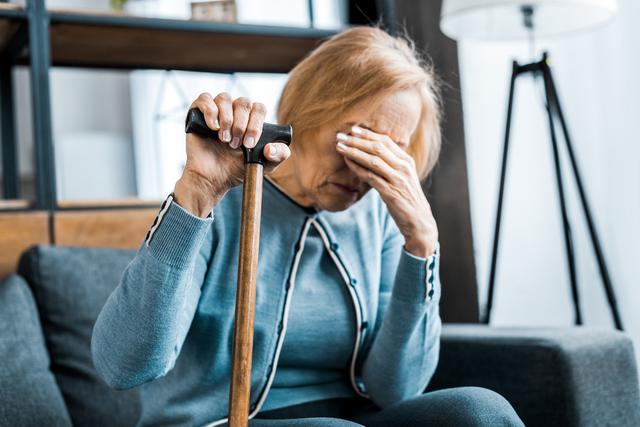
Physical and Mental Health Effects of Isolation and Associated Higher Risks
- Premature death
- 50% increased risk of cognitive decline, mental decline, or dementia
- 29% increased health risks of heart disease and high blood pressure, especially for heart failure patients.
- 32% increased risk of stroke
- Higher rates of depression, anxiety, and suicide
- 68% increased risk of hospitalization
- 57% increased risk of emergency department visits
- Physical decline or a stationary lifestyle
- Pessimism
- Unhealthy behavior
- Elder Abuse
9 Things That Can Lead to Feelings of Isolation in Older Adults
Social isolation significantly increased in 2020 due to COVID-19 and social distancing, but many other reasons may cause social isolation and loneliness.
- Loss of a spouse or partner
- One person households
- Loss of driver’s license
- Technology - not understanding how to use it
- Watching the world from afar
- Moving in with family
- Loss of independence
- Physical inactivity
- Language barriers
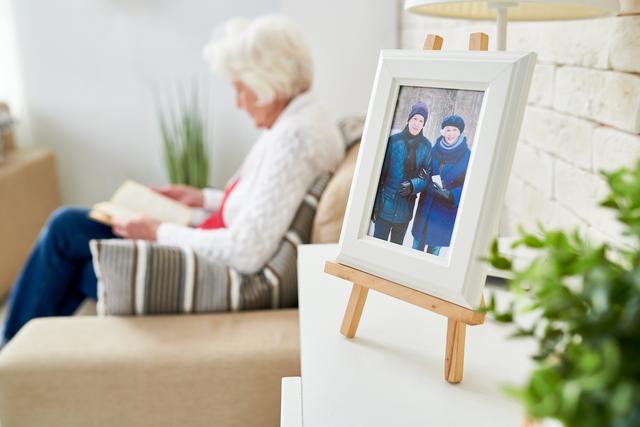
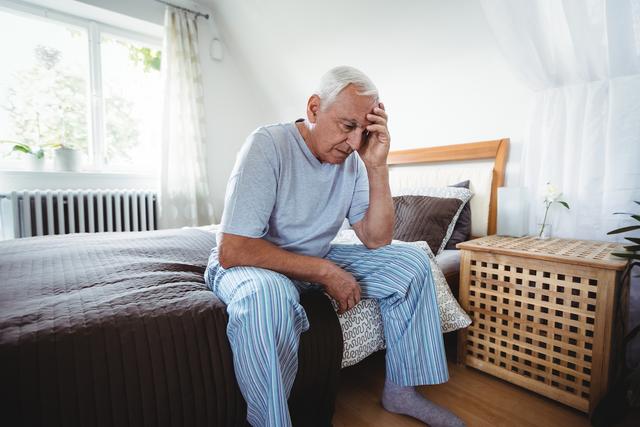
Some of the Programs a Senior Community Can Help
- Exercise classes and physical activity
- Social outings
- Social interaction and social connections
- Meal programs
It’s essential to watch your aging loved ones closely, mainly if any of these triggers are present for their loneliness and social isolation. Suppose you cannot care for them or be there emotionally for them to the degree they need. In that case, it might be time to consider moving them to a senior living facility, where activities and other residents can engage them and prevent isolation from setting in.
Isolation May Factor in Your Decision to Begin Searching for Senior Living
These examples of the effects of isolation on many seniors will help you understand and be ready to find the best living option for yourself or the aging person in your life and the move to senior living. Keep your research diligent and detailed points in mind to combat senior isolation.
With help from this article, you can make a decision that impacts your senior for the better.
_________________________
This article is intended solely for informational purposes and should not be construed as medical, legal, or financial advice. It does not establish a professional relationship between Purple Door Finders and the user. For any personal matters or decision-making, it is strongly recommended to seek guidance from a qualified healthcare provider, attorney, or financial advisor. While links to third-party websites are provided for your convenience, please be aware that Purple Door Finders neither endorses nor assumes responsibility for the content of these external sites.
FAQ
What are some health effects of isolation on seniors?
According to the CDC, senior isolation can cause: A 50% increased risk of cognitive decline or dementia, 29% increased risk of heart disease & high blood pressure, 32% increased risk of stroke, higher rates of depression, anxiety, suicide, 68% increased risk of hospitalization and a 57% increased risk of emergency department visits.
What causes senior isolation?
There are may things that can cause a feeling of isolation in seniors. Some triggers may be, loss of a spouse or partner, loss of driver’s license, not understanding how to use today's technology,watching the world from afar, moving in with family, loss of independence, loss of mobility.
Does isolation have an effect on a senior's mental health?
Basically, isolation causes loneliness which feeds diseases. Loneliness can increase inflammation and buildup of disease in the arteries. This can fuel cancer cells and the development of Alzheimer’s disease.
What is the difference between assisted living and senior living?
Senior Living is a community designed for older adults. The primary focus of senior living communities is to enhance the social needs of an independent resident. Communities that offer assisted living support those residents who need assistance with ADL's. Both types of communities encourage and allow residents to live as independently as possible.

